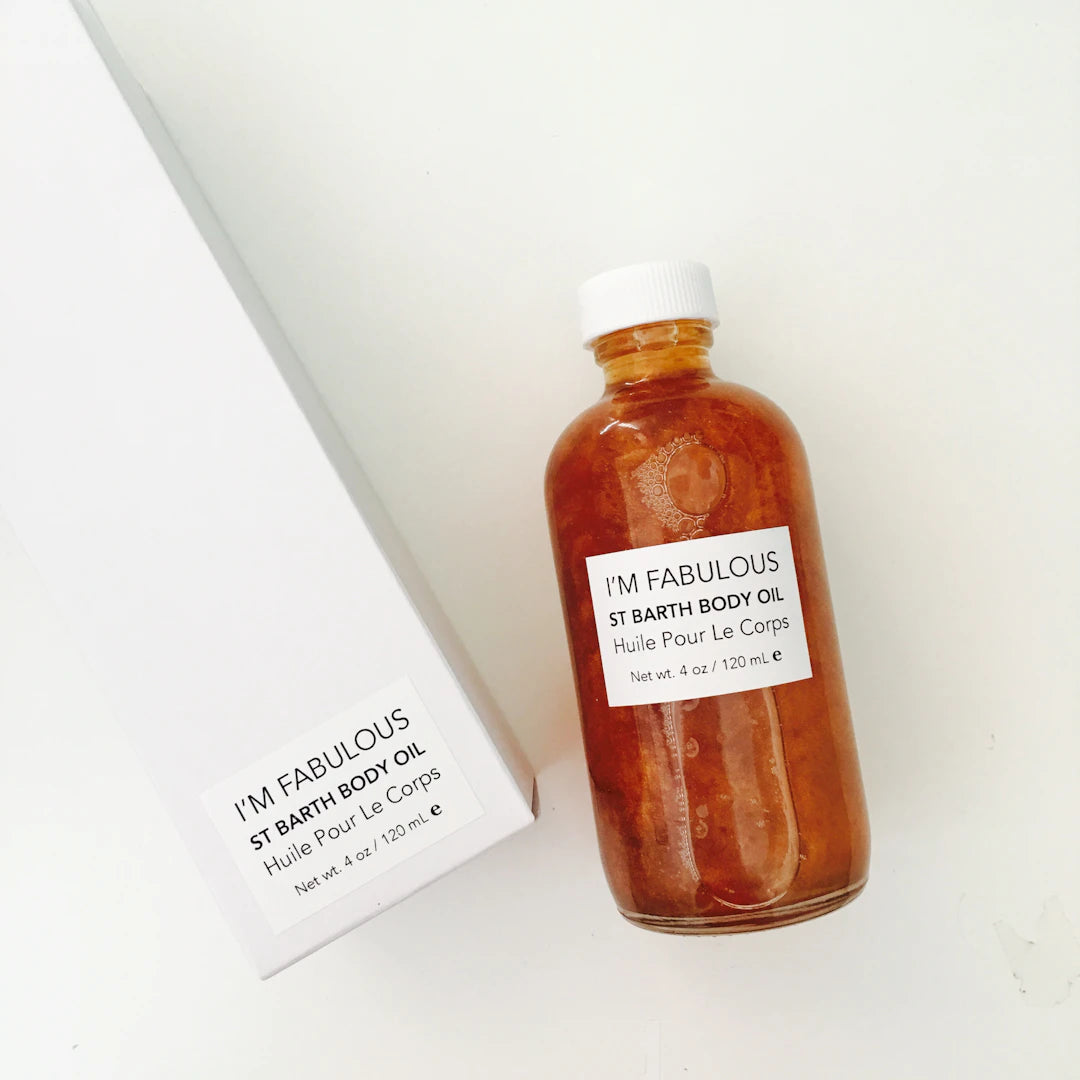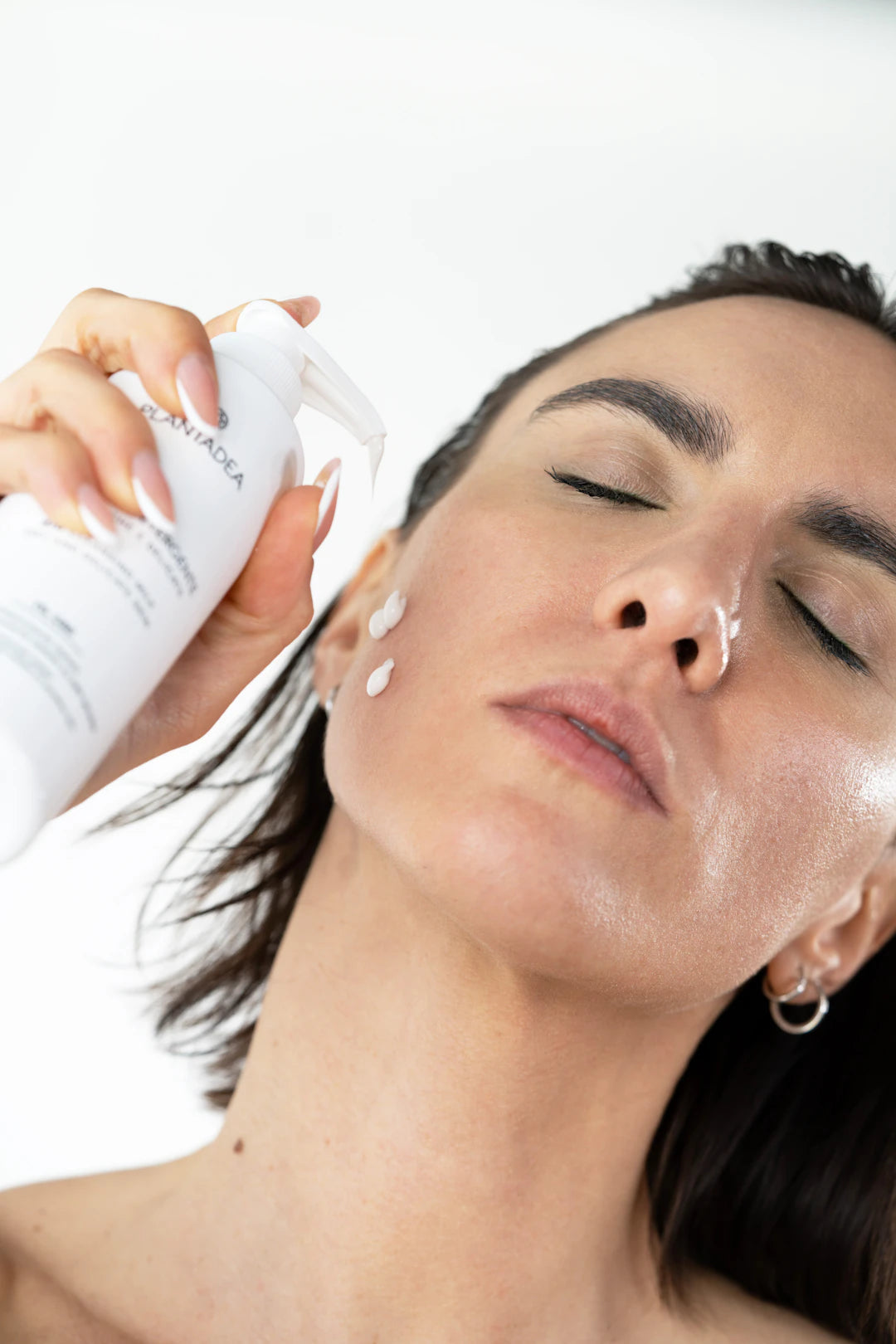The Secret Connection: How Sleep Transforms Your Skin

When it comes to skin care, many of us often focus on creams, serums, and treatments. However, one vital element that is frequently overlooked is the significance of a good night’s sleep. The role of sleep in skin care is more profound than we may realize. From cellular repair to maintaining hydration, sleep can significantly impact your skin’s health and appearance. Let’s explore how adequate sleep can enhance your skincare routine and why it’s crucial for skin rejuvenation.
Understanding the Skin’s Repair Mechanism
Your skin undergoes important repair processes while you sleep. During the deeper stages of sleep, your body works to repair damage caused by environmental factors such as UV rays, pollution, and even stress. Growth hormones that promote skin cell regeneration peak during this period, which means this is the optimal time for your skin to rejuvenate itself.
The Importance of REM Sleep
Rapid Eye Movement (REM) sleep is particularly crucial for skin health. It is during this phase that the body experiences heightened blood flow and tissue growth, which is essential for skin regeneration. Forgetting to prioritize your sleep means missing out on these vital skin care benefits.
Sleep Quality vs. Quantity: What Matters More?
While getting enough sleep is important, the quality of sleep you get is equally significant. Poor sleep quality can lead to a variety of skin issues, including:
- Dark circles and puffiness around the eyes
- Increased signs of aging, such as wrinkles and fine lines
- Dry and dull skin
- Enhanced susceptibility to breakouts
Striving for a consistent sleep schedule can vastly improve both the quality of your sleep and your skin’s appearance. Aim for at least 7-9 hours of uninterrupted sleep each night for optimal skin health.
The Hormonal Connection
An imbalance in hormones due to sleep deprivation can lead to increased cortisol levels, the stress hormone. Elevated cortisol can cause your skin to produce more oil, leading to enlarged pores and acne breakouts. During sleep, hormone production stabilizes, helping to minimize stress-related skin issues. If you aim for skin tightening and reducing acne, prioritizing quality sleep is essential.
How Sleep Affects Collagen Production
Collagen is a protein that provides skin with structure and elasticity. It helps keep your skin firm, youthful, and glowing. The body produces collagen during sleep, particularly during deep sleep stages. Insufficient sleep can reduce collagen levels, leading to sagging skin and increased wrinkles. Establishing a regular bedtime routine not only benefits your mind and body but enhances collagen synthesis, promoting a more youthful complexion.
Hydration: The Sleep Skin Hydration Connection
Your skin loses moisture throughout the day, but hydration can be restored when you sleep. Inadequate sleep can hinder your skin's ability to retain moisture, ultimately leading to dryness and flakiness. A well-hydrated complexion is critical for tackling various skin concerns, from premature aging to acne.
Tips for Hydration While You Sleep
To maximize skin hydration during the night, consider the following tips:
- Invest in a humidifier to maintain moisture in your bedroom
- Keep your skin care routine consistent, layering with a quality moisturizer before bedtime
- Avoid hot showers before bed as they may dehydrate your skin
Enhancing Your Skincare Routine: What to Apply and When
Your nighttime skin care routine can significantly impact how your skin looks in the morning. While you may be tempted to skip this step when you're tired, it’s essential. Here are some recommendations for optimal nighttime application:
Retinol and Chemical Peels
If you're considering using an at-home chemical peel, the nighttime is the best time to apply it. These products can enhance skin renewal while you sleep. As your skin repairs itself, the ingredients in your products can be absorbed more effectively.
Serums and Moisturizers
Opt for thicker, more hydrating creams during nighttime to lock in moisture. Look for serums that contain hyaluronic acid, peptides, or antioxidants that work well during sleep. Applying these before your moisturizer can yield impressive results overnight.
Creating a Sleep-Inducing Environment
To enjoy a full night’s rest and improve your skin, it’s crucial to create an atmosphere conducive to sleep. Here are some strategies to transform your sleeping environment:
- Limit exposure to screens at least an hour before bedtime to avoid disrupting your circadian rhythm
- Keep your room dark and cool to promote deep sleep
- Create a relaxing bedtime routine that signals your body it’s time to wind down, like reading or meditation
Stress Management: The Skin Connection
Chronic stress is a major disruptor of quality sleep and can trigger various skin issues, from acne to eczema flare-ups. Finding ways to relieve stress effectively—through methods like regular exercise, mindfulness meditation, or engaging in hobbies—can immensely benefit both your sleep and skin.
The Beauty of a Sleep Schedule
Consistency is key when it comes to sleep. Establishing a regular sleep schedule can enhance your body’s natural rhythms, making it easier to drift off and enjoy restful nights. The healthier your sleep routine, the more likely you will wake up to fresh, revitalized skin.
Unlock Radiant Skin Through Beauty Sleep
Understanding the importance of sleep in skin care is essential for anyone striving to achieve a healthy and radiant complexion. By prioritizing good sleep hygiene and inflating your nighttime routine with the right skincare products, you can unlock the full potential of your skin. Invest in your sleep just as you invest in your skincare products. The benefits extend beyond just restful nights—they permeate your overall radiance and skin vitality. Remember, beauty truly begins with a great night’s sleep!


